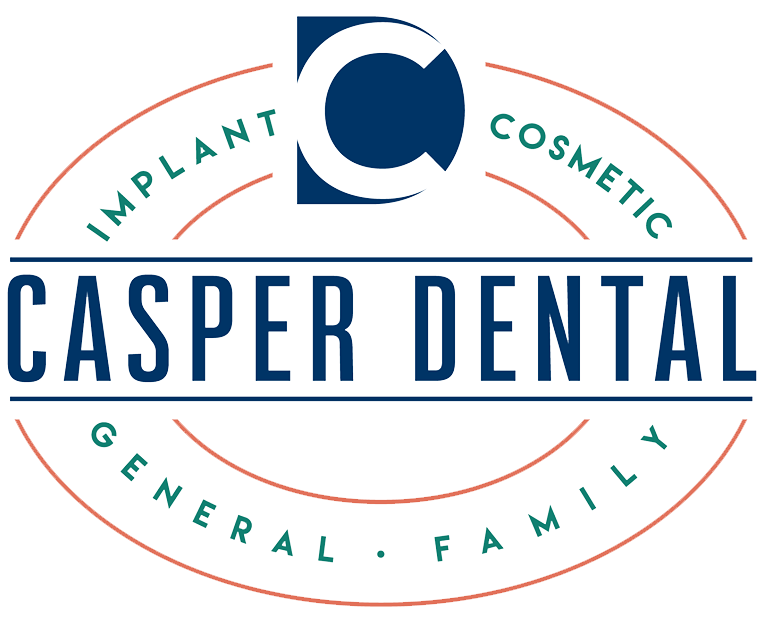Many people dread going to the dentist’s office. Even for general and cosmetic dentistry services like tooth cleaning, some people find them to be a bit overwhelming. However, this does not take away the significance of dental cleaning and its impact on your oral hygiene.
Regular brushing and flossing are essential components of a healthy oral regimen, but now and then, you also need professional care. A dental cleaning every six months is the key to a truly clean and sparkling white set of teeth!
From laser teeth cleaning to scaling, here are four different dental cleanings you can choose from, depending upon your oral hygiene and your individual dental care needs. Make sure you consult with your dentist before picking a specific dental cleaning procedure.
Types of dental cleaning
1. Prophylaxis Cleaning
Don’t let the name scare you- prophylaxis simply means ‘to prevent disease.’ It helps prevent tooth decay and gum diseases by cleaning your teeth to inhibit the build-up of bacteria. This type of dental cleaning is suited to people who pay frequent visits to the dentist and generally have excellent oral hygiene.
In prophylaxis cleaning, plaque and tartar are removed from the front, back, and between teeth using a dental scaler or water jet. Chances are that if you have been doing an excellent job at taking care of your teeth, you will be recommended prophylaxis cleaning only once every six months.
However, for poorer oral conditions, prophylaxis cleaning is recommended once every 3-4 months.
2. Scaling and Root Planing Cleaning
This 2-step deep cleaning procedure focuses on both your tooth surfaces and your gums. It is most commonly recommended for dental patients suffering from gum diseases like gingivitis or periodontitis. Scaling your teeth involves removing plaque and tartar from the teeth’s visible surface and gum pockets.
Nowadays, laser teeth cleaning are opted for scaling, to minimize discomfort and bleeding and speed up the recovery process. In root planning, the root surface is smoothed out so gums can easily and quickly adhere to the teeth.
The process can be completed in a single dental appointment if you have gingivitis. However, you might have to schedule multiple appointments and undergo anesthesia if you have periodontitis.
3. Periodontal Maintenance
Periodontal maintenance is a great alternative to prophylaxis cleaning if your oral problems are more severe and alarming. It is designed for high-risk patients and is also highly recommended to people suffering from gingivitis, periodontitis or other gum diseases.
The procedure is quite similar to scaling & root planing, as it starts with removing excessive tartar and plaque from the teeth and the gum line, followed by smoothing out the root surfaces. The only significant difference is that periodontal maintenance occurs more frequently and is continued until the gum disease is fully managed and the patient’s oral health is restored to a satisfactory level.
4. Gross Debridement
Have you been putting off your dentist’s appointment? Are you having trouble remembering the last time someone put a dental scaler on your teeth?
If yes, chances are that you might have large amounts of tartar and plaque built up in your teeth over the years and need a gross debridement. This is another form of deep cleaning performed on patients who haven’t had their teeth cleaned professionally in years.
To begin with, the dentist performs an oral examination to determine whether a simple prophylaxis cleaning will do or a gross debridement is also needed. In the latter case, plaque that has hardened to form tartar is removed using an electrical tool. For such invasive procedures, laser teeth cleaning are also preferred.
Once the tartar is loosened and the plaque and tartar are removed, the process is completed with prophylaxis cleaning.
Benefits of Dental Cleaning
General dentistry services like tooth cleaning have tons of benefits for an individual’s oral health. Here are just a few:
- Cleans the teeth by removing plaque, tartar and excessive bacteria
- Prevents tooth decay, cavities and other gum diseases
- Makes your smile brighter and whiter by getting rid of stains on your teeth
- Regular dental cleanings can help uncover signs of serious oral concerns like fractures and oral cancer
In conclusion, while each type of dental cleaning is to maintain oral hygiene, the approach and the procedure can vary slightly. Only after a thorough dental exam can your dentist determine which type of tooth cleaning you should opt.
Thinking of scheduling your biannual dental cleaning? Book an appointment today with Casper Family Dental for a free dental exam. We’ll make sure that you leave the office with squeaky-clean and sparkling white teeth.


